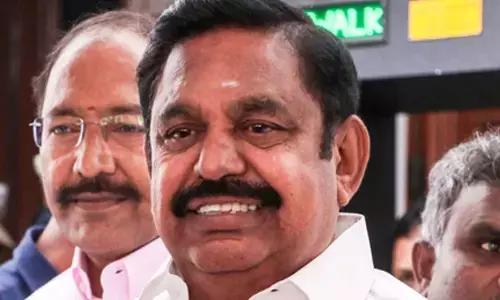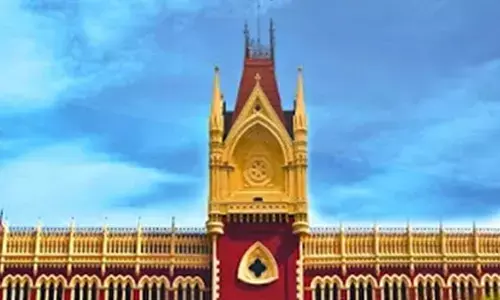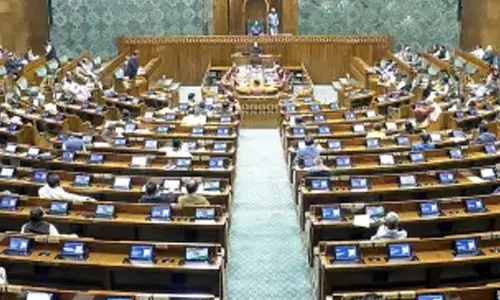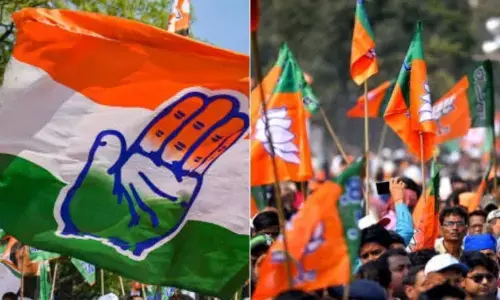Amusement parks imposing 28% tax under GST

Industry bodies and amusement parks voice their concerns over imposing of 28 per cent GST on them, while demanding for total exemption or single digit tax rate as the industry serves for children outdoor entertainment.
Hyderabad: Industry bodies and amusement parks voice their concerns over imposing of 28 per cent GST on them, while demanding for total exemption or single digit tax rate as the industry serves for children outdoor entertainment.
“Imposing such high rates of taxation is detrimental to the prospects of our business making it unviable besides putting thousands of jobs at stake. The amusement park industry is still at its nascent stage and requires significant support from the government’s end to make the industry flourish in its full dynamism.
We strongly advocate the government to rethink on its decision and support our industry by bringing it under the aegis of the tourism industry,” said Ramoji Film City CEO Rajeev Jalnapurkar.
There are nearly 480 amusement parks in the country, including the popular Ramoji Film City, Adlabs Imagica, Esselworld, Nicco Park and Wonderla. The combined turnover is expected to be Rs 6,000 crore by 2020.
Telangana is home to about 10 amusements parks which are mostly concentrated around Hyderabad and the capital-intensive industry suffers longer break-even point (BEP). Generally, amusement parks get revenues comprising 55 per cent from ticket sales, 35 per cent from food and beverages and the balance from merchandising and branding.
Amusement parks have been reeling under tax pressure as state governments have their own tax structures. In addition to this, Centre levies extra burden, said an MD at a leading amusement park on the outskirts of Hyderabad. Under the present taxation regime, the amusement parks industry is subject to entertainment tax and service tax.
Such higher tax rate under GST will not only hamper the current amusement park industry, but will be deterrent to new entrants in this industry, says Ravindra Modi, President, Federation of Telangana and Andhra Pradesh Chambers of Commerce and Industry (FTAPCCI).
“Amusement parks are meant for children entertainment. How can the Centre or state government deprive them of affordable entertainment as it’s not luxury. Parents take children to parks, common man also goes to parks with his children. It’ll be expensive for children from middle class families. How can government consider children entertainment as luxury. 28 per cent GST on amusement parks is unjustifiable,” Modi told The Hans India.
Indian Association of Amusement Parks and Industries (IAAPI) has urged the union finance ministry for a single digit goods and services tax (GST) levy. Ajay Sarin, President, IAAPI, said: “We have written to finance ministry officials for a single digit GST levy on the amusement park industry.
Since we are a part of the tourism sector, we have requested the ministry to withdraw the levy of service tax as well once GST is levied. Treat the amusement industry in line with hospitality and restaurants which fall in the GST slab of 12-18 per cent, on top of it, this industry doesn’t consume major raw materials and input credit is not more than 2-3 per cent therefore it makes amusement industry unviable to sustain such high GST rate.”
The domestic amusement industry generated direct employment to 80,000 people and indirect employment to 1.5 lakh people. According to IAAPI, the tax rates in other Asian countries like Malaysia, Thailand, Singapore, China and Japan were well below 10 per cent.

















